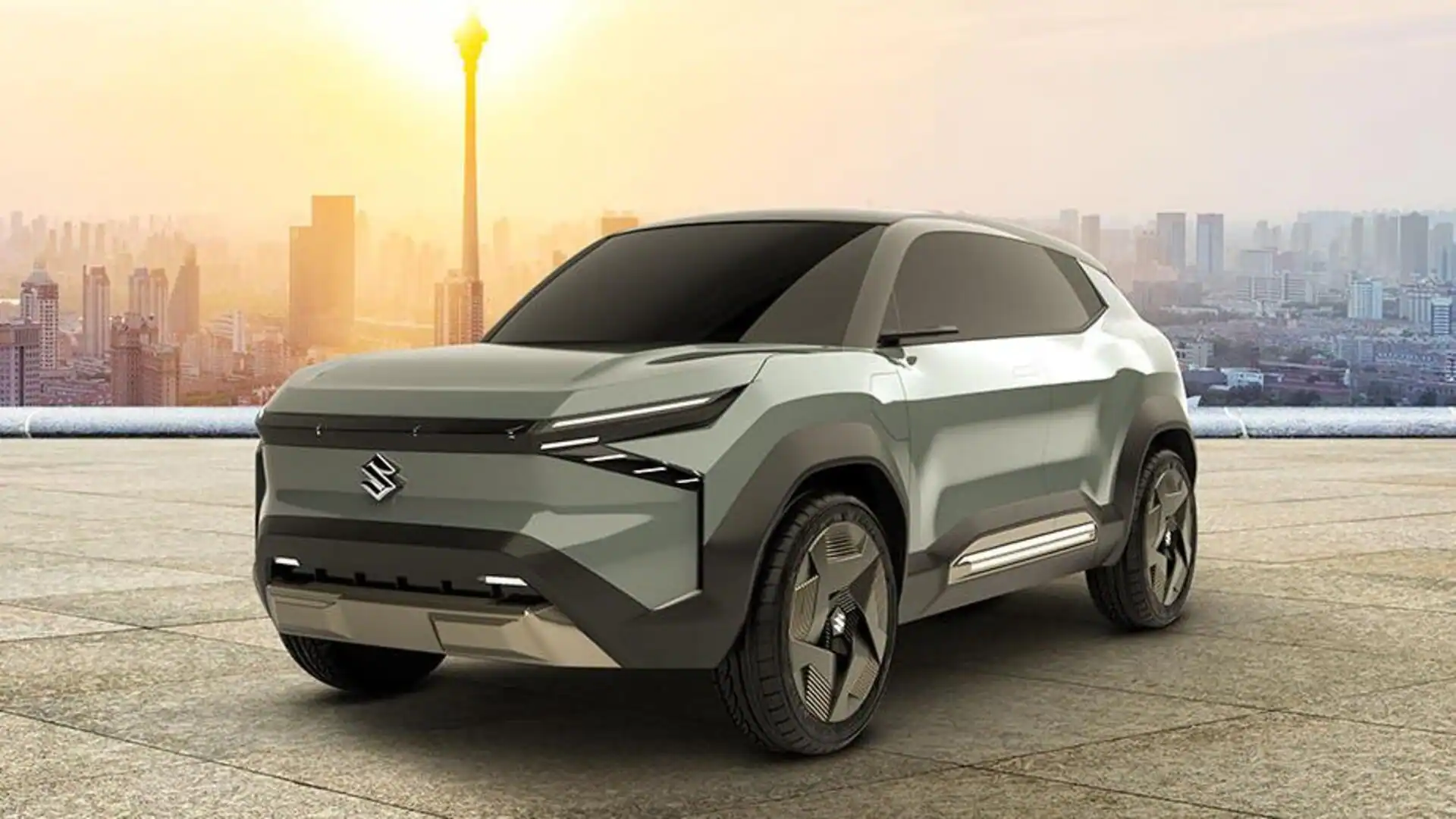As the world shifts towards sustainable mobility, electric cars have emerged as a promising alternative to traditional internal combustion engine (ICE) vehicles. In India, where air pollution and fuel dependency pose significant challenges, electric cars are seen as a potential solution. However, despite the growing enthusiasm, many Indians still question whether electric cars are truly the future. This article explores the practical realities, challenges, and potential of electric cars from an Indian perspective.
The Current Scenario: Slow but Steady Adoption
The adoption of electric cars in India has been gradual but consistent. Major Indian car manufacturers, including Tata Motors and Mahindra Electric, have introduced electric models that cater to urban consumers looking for eco-friendly alternatives. Additionally, international brands like MG, Hyundai, and Tesla are venturing into the Indian market, offering more premium and technologically advanced electric cars.
Despite this progress, electric car sales still constitute a small fraction of the overall automotive market. One of the primary reasons for this slow uptake is the perception of electric cars being expensive. While government incentives under schemes like FAME II have made EVs more affordable, the initial investment remains high compared to conventional cars. Furthermore, the lack of widespread charging infrastructure continues to be a deterrent for many potential buyers.
Addressing the Infrastructure Challenge
A major challenge in the transition to electric cars is the availability of charging stations. In urban areas, some progress has been made, with state governments partnering with private companies to establish public charging points. However, in rural and semi-urban regions, charging infrastructure is still largely inadequate. This disparity restricts electric car usage primarily to city dwellers, limiting its reach and potential impact.
To make electric cars truly viable, India needs a well-planned, nationwide charging network. Companies like Tata Power and EESL are actively working to expand the charging grid, but the pace needs to be faster to meet the growing demand. Fast-charging technology and portable chargers could also play a crucial role in enhancing convenience and encouraging adoption.
Economic and Environmental Considerations
Electric cars are often hailed for their low running costs, which can be a major attraction for Indian consumers. Electricity is significantly cheaper than petrol or diesel, and maintenance costs are generally lower due to the absence of a complex engine system. In the long run, this makes electric cars economically appealing, especially for daily commuters.
From an environmental perspective, electric cars are seen as a way to reduce air pollution in congested urban areas. Cities like Delhi, which face severe air quality issues, could significantly benefit from a higher adoption of electric cars. However, the source of electricity also matters. If the power used to charge EVs comes from coal-based plants, the environmental benefits are somewhat diminished. Thus, integrating renewable energy into the charging infrastructure is crucial for realizing the full environmental potential.
Consumer Perception and Practicality
One of the significant challenges facing electric cars in India is the perception that they are less practical for long-distance travel. Limited range and longer charging times compared to refueling an ICE vehicle make them less appealing to those who frequently travel between cities. To address this, automakers are focusing on improving battery capacity and reducing charging times.
Another aspect influencing consumer perception is the relatively limited model variety in the Indian market. While budget electric hatchbacks and premium sedans are available, there is a gap in mid-range family cars and SUVs. Addressing this segment with affordable and spacious electric models could attract a broader audience.
Policy Support and Future Outlook
The Indian government is actively promoting electric mobility as part of its vision to reduce carbon emissions. Policies like the National Electric Mobility Mission Plan (NEMMP) and incentives under the FAME scheme aim to make electric vehicles more accessible. In addition, several states have introduced their own policies to encourage EV manufacturing and adoption.
Looking ahead, the future of electric cars in India appears promising, albeit with some hurdles to overcome. The success of electric cars will largely depend on how well infrastructure, affordability, and public perception are addressed. As battery technology improves and charging infrastructure becomes more widespread, electric cars are likely to become a more common sight on Indian roads.
Conclusion: A Cautiously Optimistic Outlook
While electric cars are undoubtedly part of the future of mobility, their dominance in India’s automotive landscape will take time. The transition will require collective efforts from the government, automotive industry, and consumers. Investing in infrastructure, enhancing affordability, and educating consumers will be key to making electric cars a viable and mainstream option in India. As awareness grows and technology advances, electric cars could indeed become the future, but the journey to that point will be gradual and challenging.

